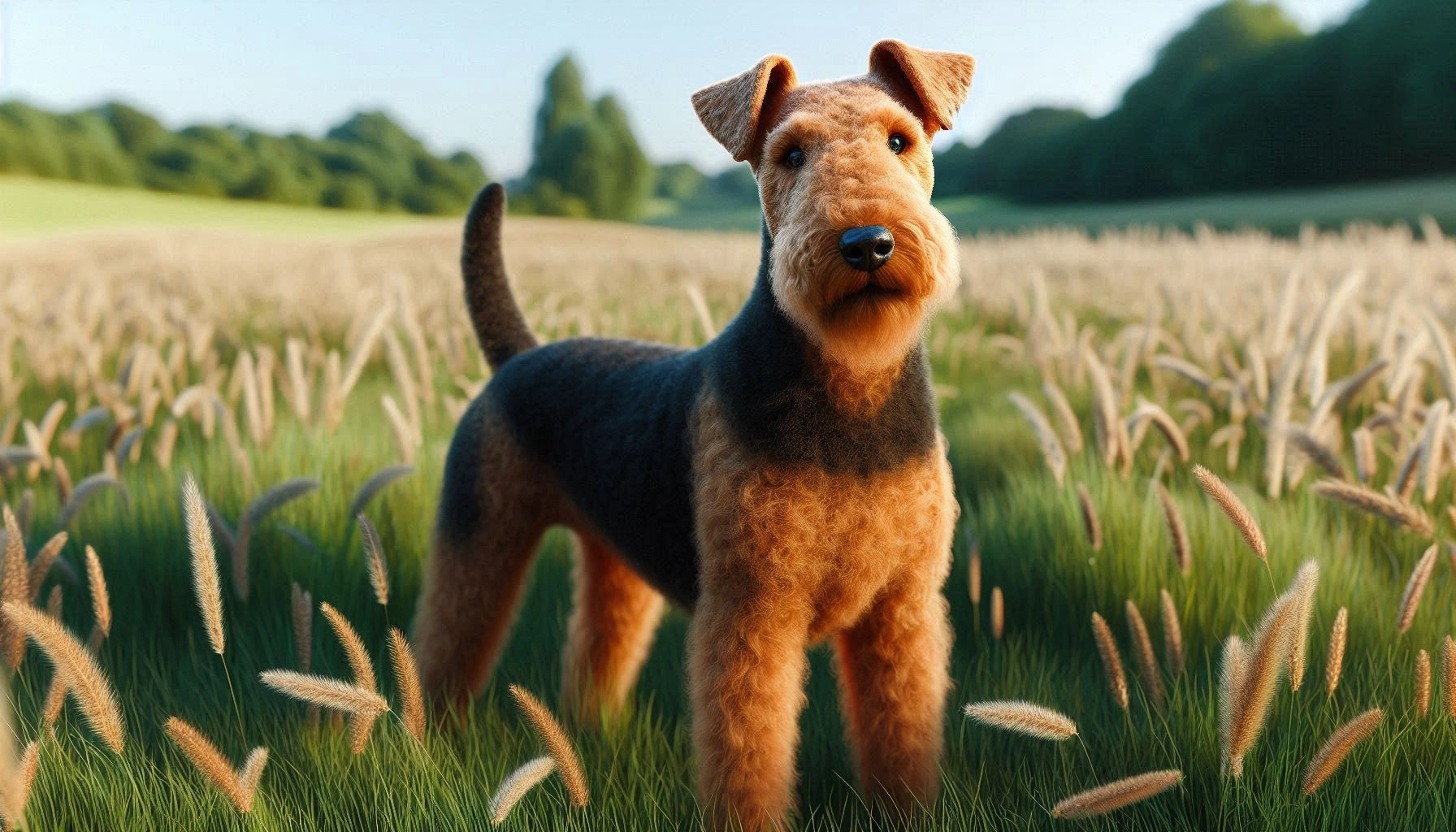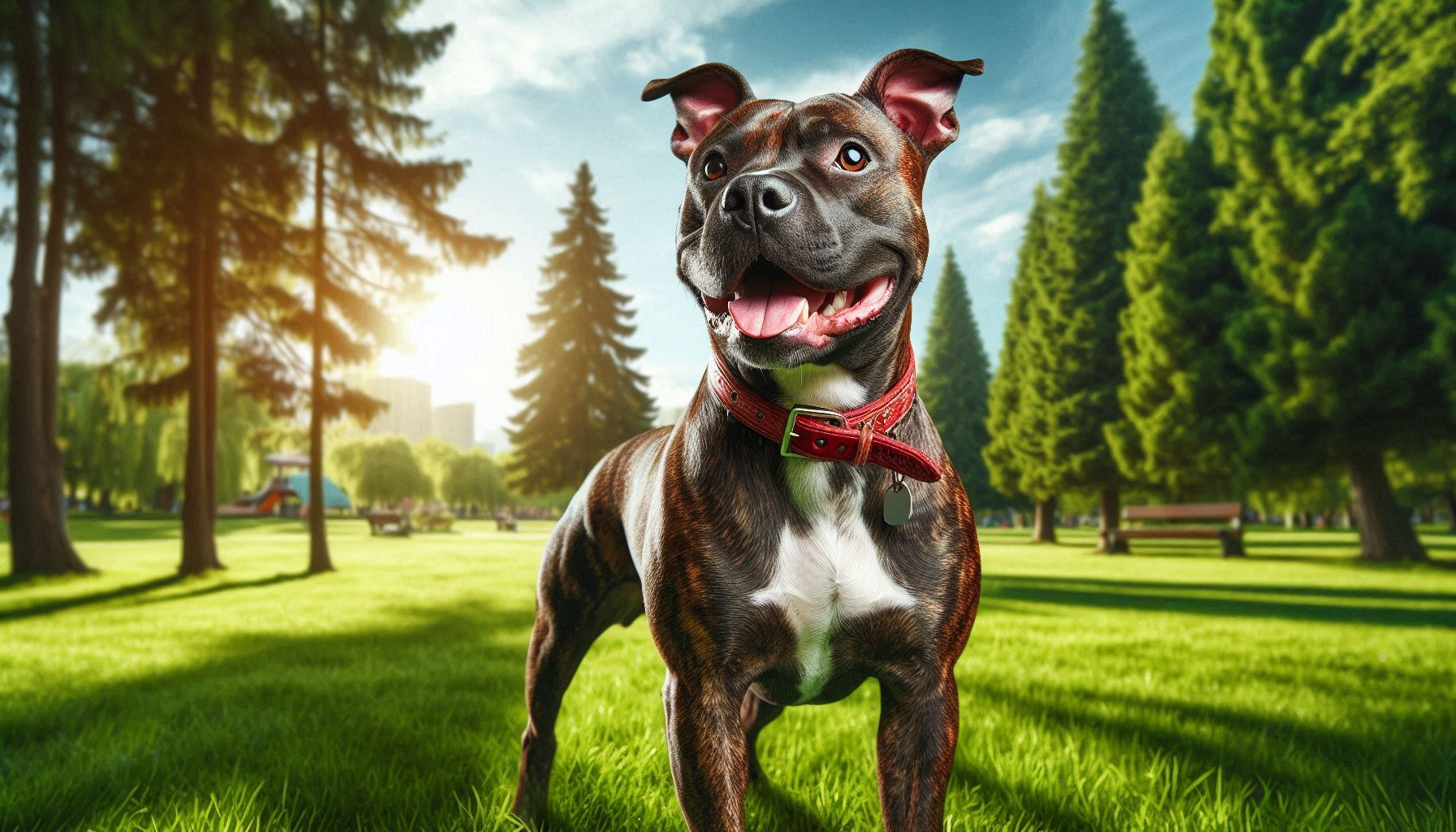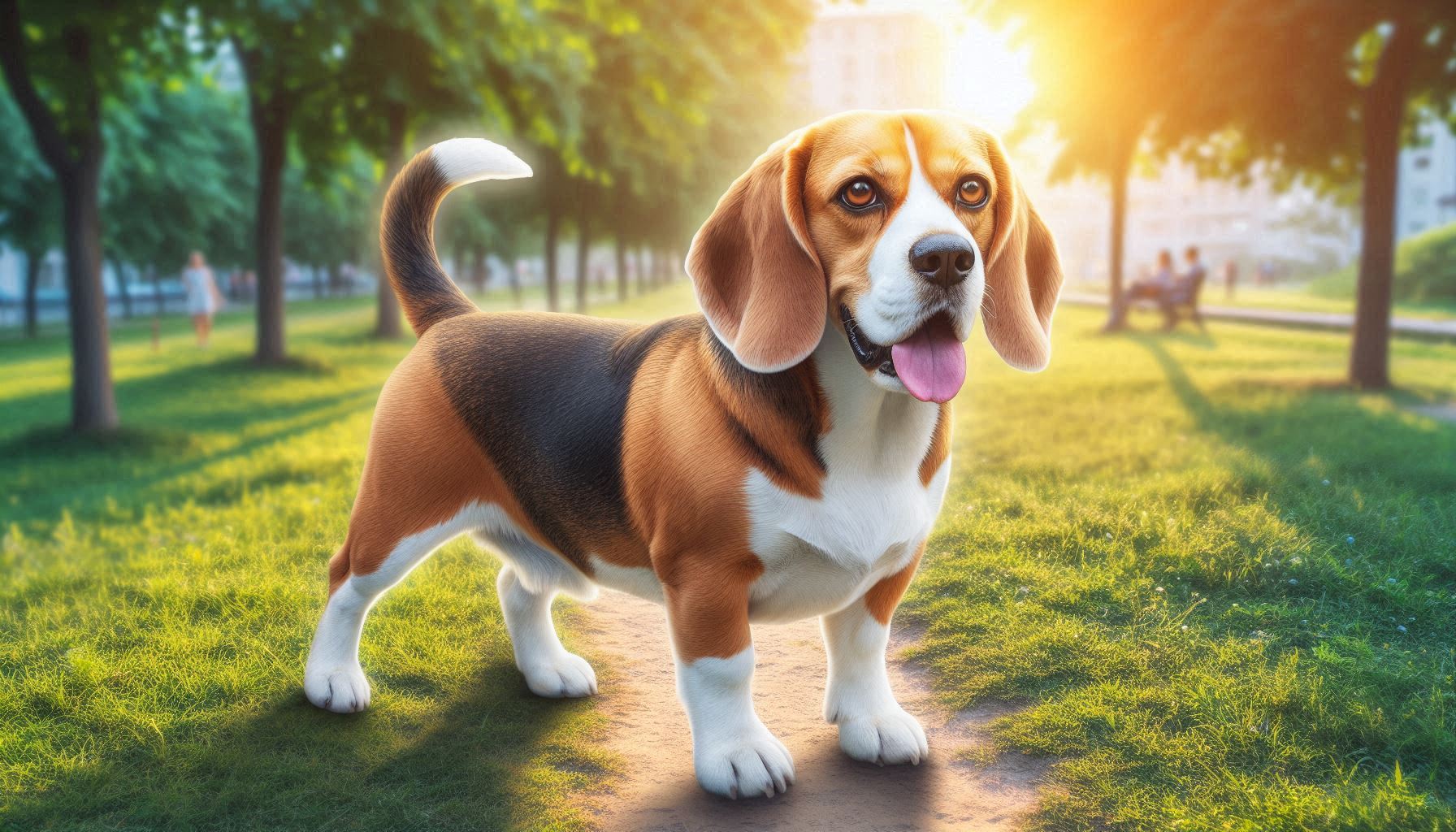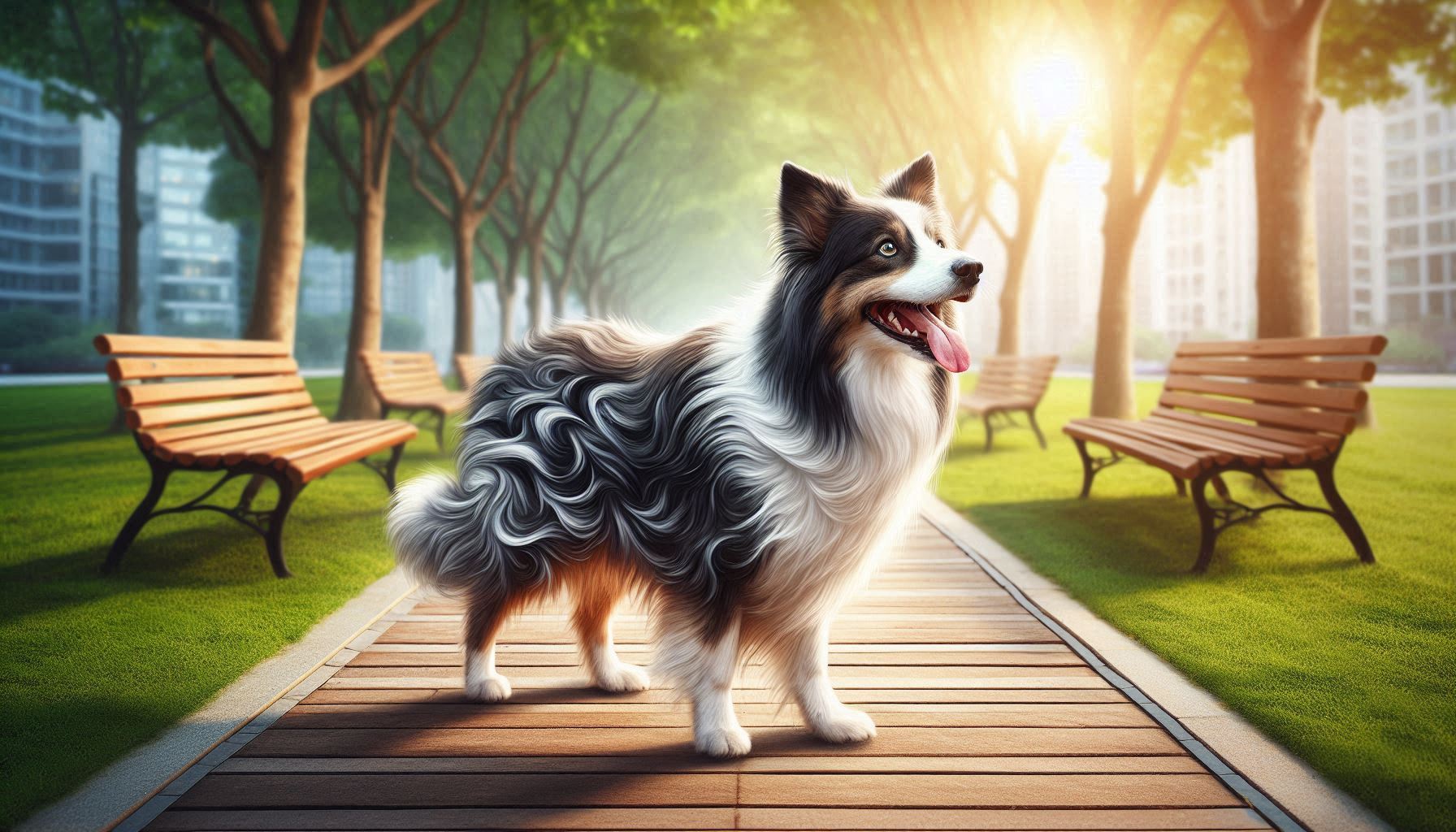Table of Contents
Lurcher Dog Breed
The Lurcher dog breed is a fascinating and unique type of dog that has garnered popularity due to its versatility, loyalty, and charming personality. Known for their swift speed and keen intelligence, Lurchers are often considered the ultimate companion for active individuals and families alike. This breed’s unique blend of characteristics makes it stand out among dog breeds, making it a favorite for many dog enthusiasts.
History and Origin
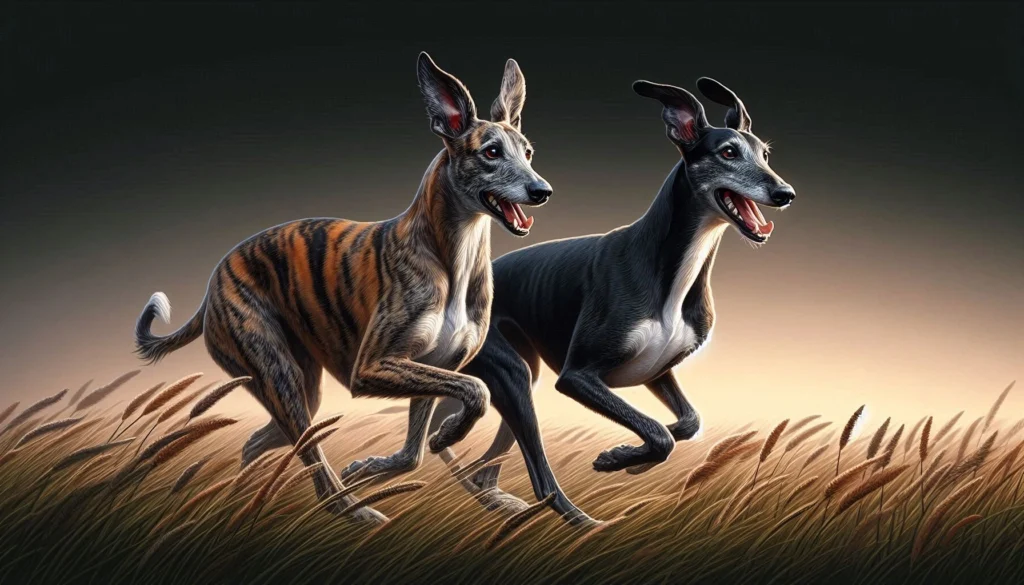
The Lurcher breed has a rich history that dates back several centuries. Originating in the United Kingdom, the Lurcher was traditionally bred by the Romani people and poachers to be a hunting companion. The breed is a cross between a sighthound (such as a Greyhound or Whippet) and other types of working dogs, which could include terriers or herding breeds. This crossbreeding was intended to create a dog that combined the speed and agility of a sighthound with the tenacity and intelligence of a working dog.
Lurchers were initially bred for poaching game on large estates, as their speed and stealth made them excellent hunters. Despite their somewhat controversial beginnings, Lurchers have evolved into beloved family pets, known for their gentle nature and adaptability.
Physical Characteristics
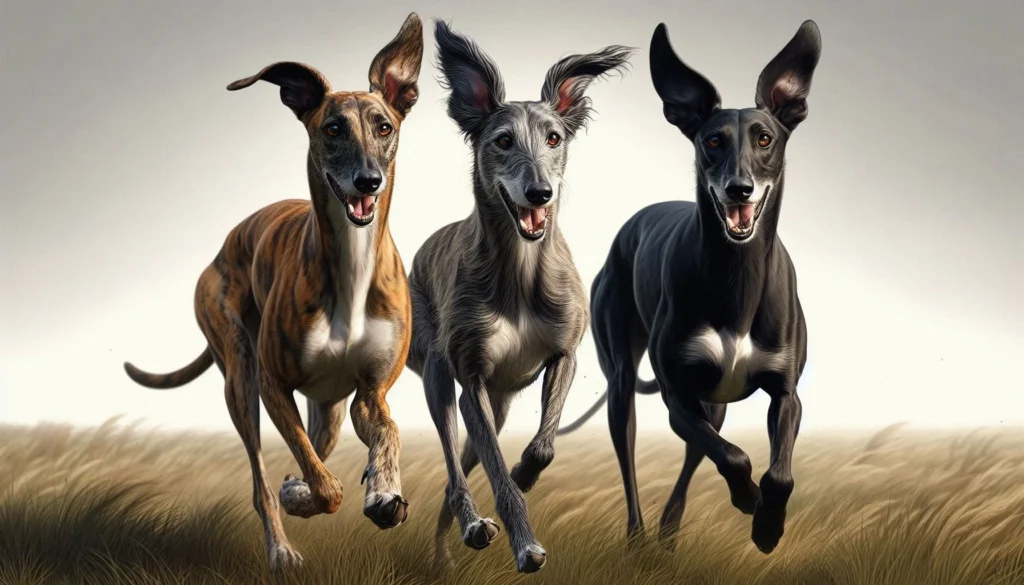
Lurchers have a distinctive physical appearance that varies based on their lineage. Typically, they are medium to large-sized dogs, weighing between 35 to 100 pounds, depending on their parentage. Their height can range from 22 to 28 inches at the shoulder.
Their coat can also vary widely, from short and smooth to rough and shaggy, often reflecting the coat type of their sighthound and working dog ancestors. Common coat colors include black, brindle, fawn, blue, red, and white, with various combinations and patterns.
One of the most distinctive features of the Lurcher is their elegant, athletic build. They have a long, slender body, deep chest, and strong, muscular legs, giving them a poised and graceful appearance.
Temperament and Personality
Lurchers are known for their gentle, affectionate temperament. They are often described as being calm and laid-back at home, making them excellent companions for families, singles, and seniors. Their intelligence and eagerness to please make them relatively easy to train, although they can sometimes exhibit a streak of independence.
Lurchers tend to be good with children, showing patience and tolerance, but as with any breed, interactions should be supervised. They generally get along well with other dogs, especially if they are socialized from a young age. However, due to their hunting background, they may have a strong prey drive, so caution is advised around smaller animals.
Health and Lifespan
Lurchers are generally healthy dogs, but like all breeds, they can be prone to certain health issues. Common health concerns for Lurchers include hip dysplasia, bloat (gastric torsion), and certain heart conditions. Regular veterinary check-ups and a balanced diet are essential to keeping a Lurcher healthy.
The average lifespan of a Lurcher is around 12 to 15 years, which is relatively long for a dog of their size. Ensuring they receive regular exercise, a nutritious diet, and routine veterinary care can help maximize their lifespan and quality of life.
Tips for Keeping a Lurcher Healthy:
- Regular Vet Visits: Ensure regular check-ups to catch any potential health issues early.
- Balanced Diet: Provide a high-quality diet tailored to their age, size, and activity level.
- Exercise: Regular exercise to keep them fit and healthy.
- Weight Management: Monitor their weight to prevent obesity-related health issues.
Care and Grooming
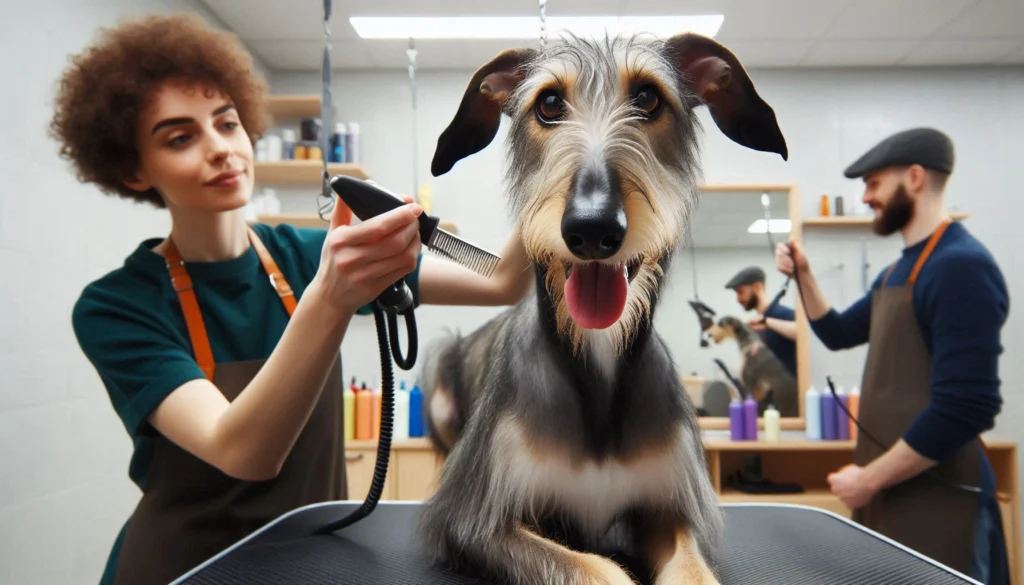
Caring for a Lurcher is relatively straightforward, but it does require some attention to their specific needs. Their grooming requirements will depend on their coat type. Short-coated Lurchers will need minimal grooming, while those with longer, shaggy coats may require more frequent brushing to prevent matting and tangling.
Grooming Tips:
- Brushing: Regular brushing to remove loose hair and prevent tangles.
- Bathing: Bathe as needed, typically every few months unless they get particularly dirty.
- Nail Trimming: Regular nail trimming to prevent overgrowth and discomfort.
- Ear Cleaning: Check and clean ears regularly to prevent infections.
Exercise Requirements:
Lurchers are active dogs that require regular exercise to stay healthy and happy. Daily walks, playtime in a secure area, and opportunities for running are ideal. They’re also excellent candidates for dog sports such as agility and lure coursing.
Dietary Recommendations:
Feed your Lurcher a high-quality dog food that is appropriate for their age, size, and activity level. Consult with your veterinarian to determine the best diet for your specific dog, considering any health issues or dietary sensitivities they may have.
Training and Socialization
Training a Lurcher can be a rewarding experience, thanks to their intelligence and eagerness to please. However, they can also be independent and occasionally stubborn, which may require patience and consistency in training methods.
Training Tips:
- Positive Reinforcement: Use positive reinforcement techniques such as treats, praise, and play to encourage good behavior.
- Consistency: Be consistent with commands and rules to avoid confusion.
- Early Socialization: Expose your Lurcher to a variety of people, animals, and environments from a young age to develop a well-rounded dog.
Common Challenges:
- Prey Drive: Due to their hunting background, Lurchers may have a strong prey drive. Training and supervision around smaller animals are essential.
- Independence: Lurchers can be independent thinkers, so keeping training sessions engaging and varied can help maintain their interest.
Suitability as a Family Pet
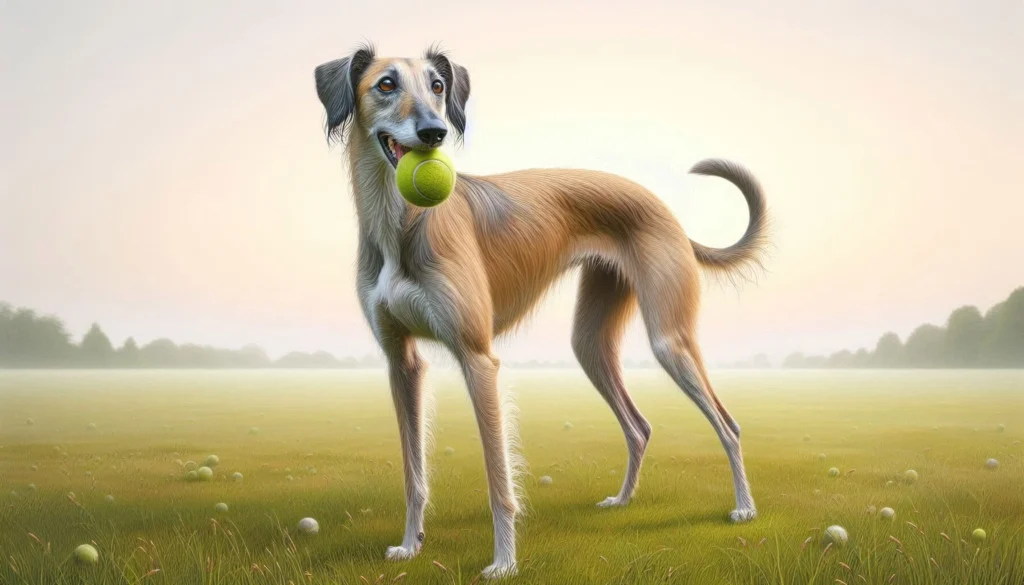
Lurchers make excellent family pets for the right household. They are typically gentle, affectionate, and good with children, making them a great choice for families. Their adaptable nature means they can thrive in both urban and rural environments, provided they receive enough exercise.
Living Environment Considerations:
- Space: While they can adapt to apartment living, Lurchers do best in homes with access to a secure yard where they can run and play.
- Activity Level: They are suitable for active families who can provide regular exercise and mental stimulation.
- Prey Drive Management: Families with small pets should consider the Lurcher’s prey drive and take appropriate precautions.
Fun Facts and Trivia
- Noble Heritage: The Lurcher has a noble heritage, with some suggesting that the breed can trace its roots back to the dogs accompanying British nobility during hunts.
- Speed Demons: Lurchers can reach impressive speeds, thanks to their sighthound ancestry. They are often used in lure coursing competitions.
- Film Stars: Lurchers have appeared in various films and TV shows, showcasing their elegant appearance and versatility.
Dog Breeds Similar to Lurcher Dog
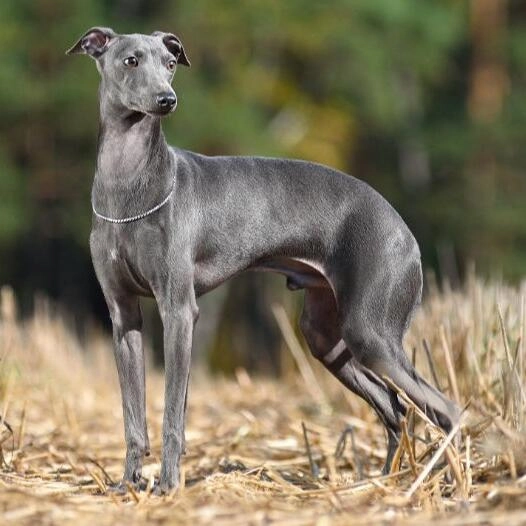

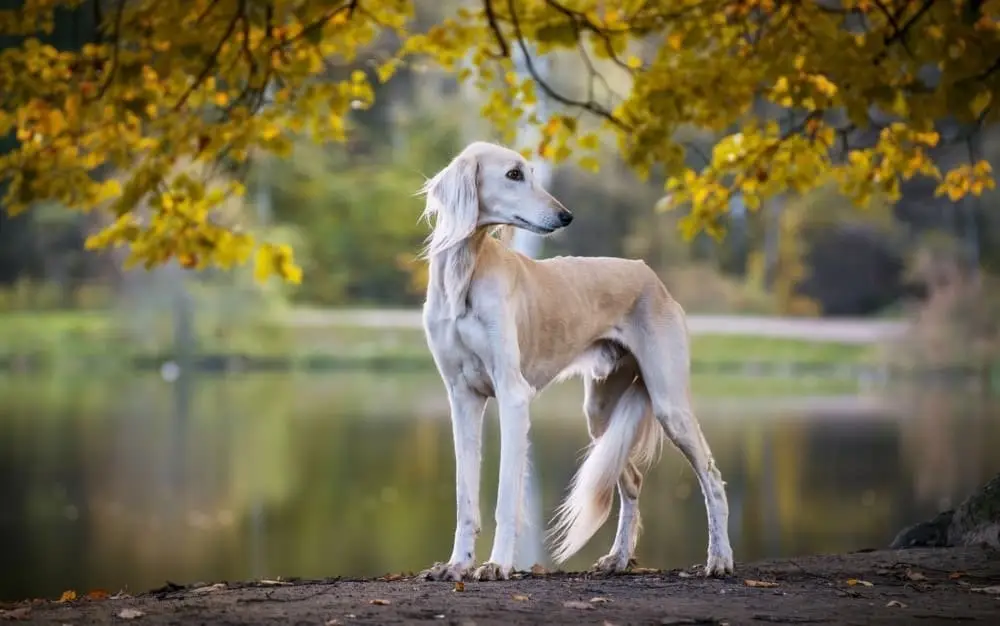
1. Greyhound:
Greyhounds are known for their incredible speed and graceful build. Like Lurchers, they are gentle and affectionate, making them excellent family pets and companions for active individuals.
2. Whippet:
Whippets are smaller than Greyhounds but share their sleek, athletic build and gentle temperament. They are also known for their speed and make wonderful pets for those with an active lifestyle.
3. Saluki:
Salukis are ancient sighthounds with a similar build to Lurchers. They are known for their endurance and speed and have a calm, somewhat aloof personality, making them excellent companions for those who appreciate a more independent dog.
Conclusion
The Lurcher dog breed is an exceptional choice for those seeking a loyal, intelligent, and versatile companion. Their unique combination of physical prowess, gentle nature, and adaptability make them a standout among dog breeds. Whether you’re looking for a running partner, a family pet, or a loyal friend, the Lurcher may be the perfect fit for your lifestyle.
If you’re considering adding a Lurcher to your family, take the time to learn more about this wonderful breed and ensure you can meet their needs. With the right care and attention, a Lurcher can bring joy, companionship, and love into your home for many years to come.
FAQ
Is the Lurcher a dangerous dog?
No, Lurchers are not considered dangerous dogs. They are generally gentle and affectionate, making them excellent family pets. However, like all dogs, they should be properly trained and socialized to ensure they are well-behaved.
Is the Lurcher the best guard dog to protect you or your family?
Lurchers are not typically known for their guarding abilities. They are more likely to be friendly and welcoming to strangers rather than protective. If you’re looking for a guard dog, breeds such as German Shepherds or Rottweilers might be more suitable.
